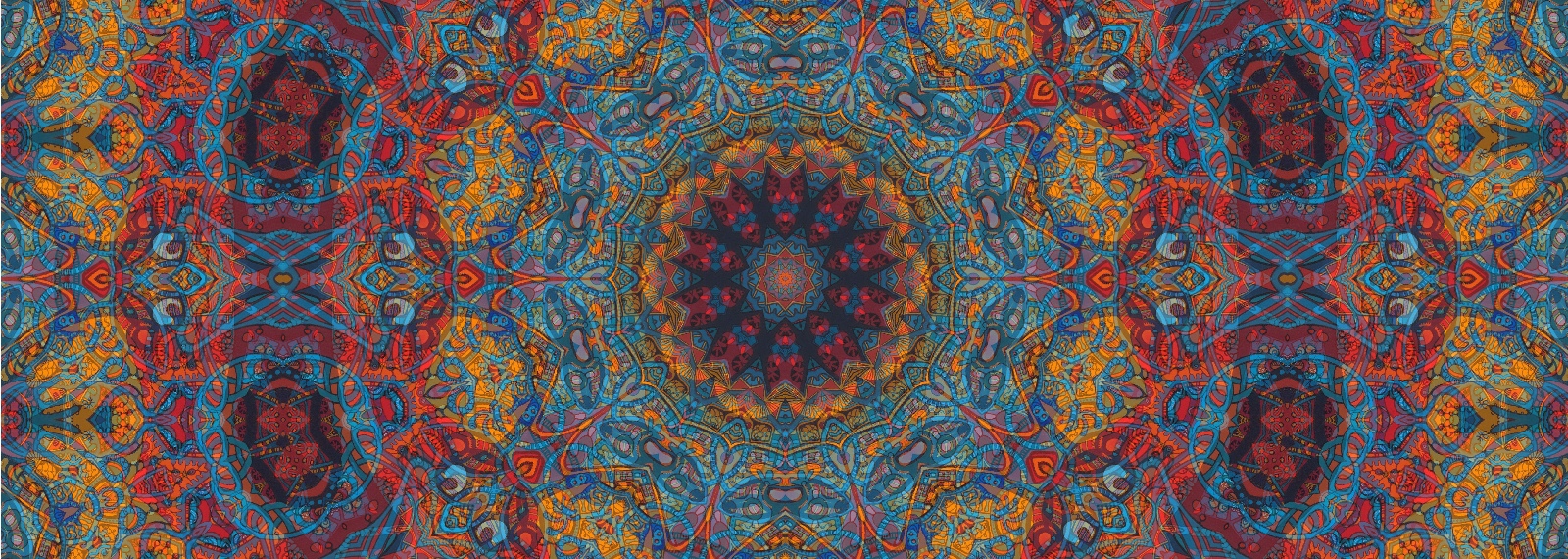Episodes

Wednesday Jun 19, 2024
HELL IS OTHER PEOPLE?
Wednesday Jun 19, 2024
Wednesday Jun 19, 2024
In this podcast, I discuss the proposition that "Hell is other people" which is found in Sartre's play Hui Clos (1944). I draw on my own reflections, and the works of Freud and Hegel rather than closely following the original play. [Free. 22 minutes.]

Sunday Sep 05, 2021
TAOIST DIALECTICS
Sunday Sep 05, 2021
Sunday Sep 05, 2021
In this podcast we playfully and seriously outline our eccentric take on 'Taoist Dialectics'. This entails brief encounters with Plato's The Sophist and Hegel's Logic as well as an engagement with a parable told by Taoist master, Chuang Tzu. We relate all this to personal resilience in these apocalyptic times. [Free. 32 minutes.]

Tuesday Jun 29, 2021
REMARKS ON FREUD PART 1 - THE UNCONSCIOUS
Tuesday Jun 29, 2021
Tuesday Jun 29, 2021
This podcast is the first in an ongoing series on Freud and psychoanalysis which is meant to be useful to our series on fascism and reason, as well as to our many considerations of the workings of propaganda and ideology. Here, give some background to Freud's intellectual journey and elucidate the notion of 'the unconscious' and its significance for humanity's self-image. [Free. 34 minutes.]

Tuesday Feb 28, 2017
THE BLUE PILL OR THE RED PILL? PART FOUR: POLITICS AND IDEOLOGY
Tuesday Feb 28, 2017
Tuesday Feb 28, 2017
In this podcast, we refer to the last scene of The Matrix in which Neo speaks directly to the hegemonic machines and explicitly draws attention to the political dimensions of the film. This scene invites us to understand the real-apparent binary as the opposition between the concrete political situation of slavery and exploitation and the ideological mystification which prevents the victims from throwing off their chains or even realising that they are in them. This leads us to a discussion of the attempts to make good the lacuna in Marxism around the details of ideological mystification by theorising a Freudian-Marxism. Dramatis Personae: Freud, Marx, Hegel, Lacan, Zizek, Fromm, Reich, Marcusse, Engels. The final scene [3 minutes 31 seconds] is here:- https://youtu.be/aTL4qIIxg8A. See the blue pill - red pill choice in this four minute clip: https://youtu.be/zQ1_IbFFbzA. [Free. 39 minutes.]

Wednesday Nov 18, 2015
Wednesday Nov 18, 2015
In this podcast, I start by considering the nature of a compliment. This opens the door onto all the questions that human interactions give rise to and I sketch out some of them. In particular, I consider mutual recognition and the distorting effect that power differentials have on it. I relate this to the nature of the ego in the psychoanalytic sense and suggest how things could be better. Contemplation of the Other in Patanjali's spare style is, I suggest, emancipatory and not difficult, though elusive. Rumi, amongst others, made this very point. [Free. 18 minutes.]

